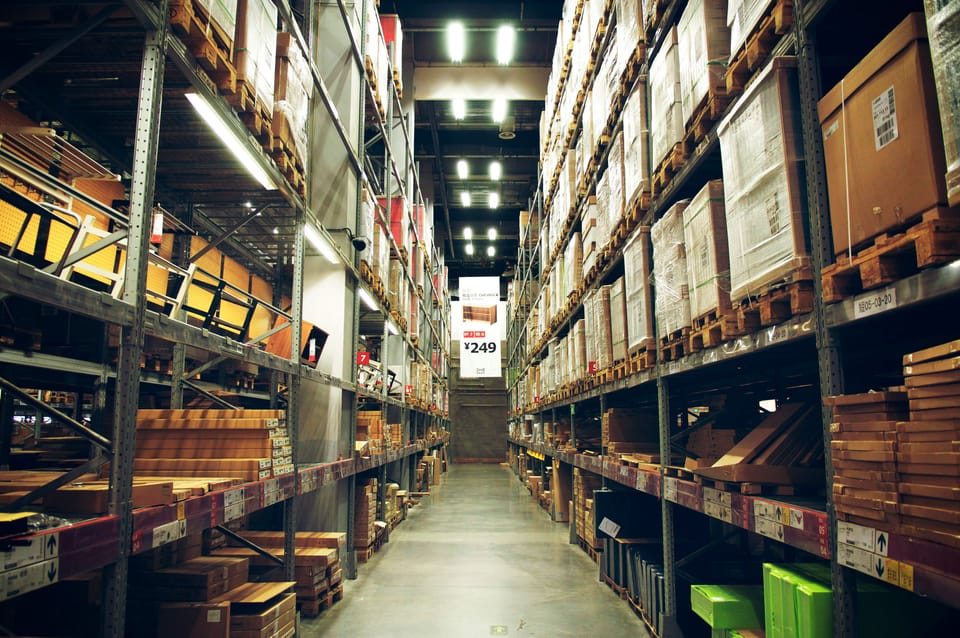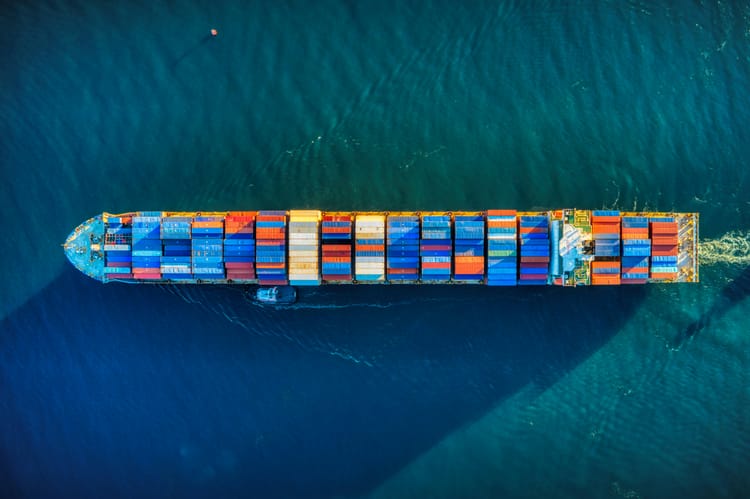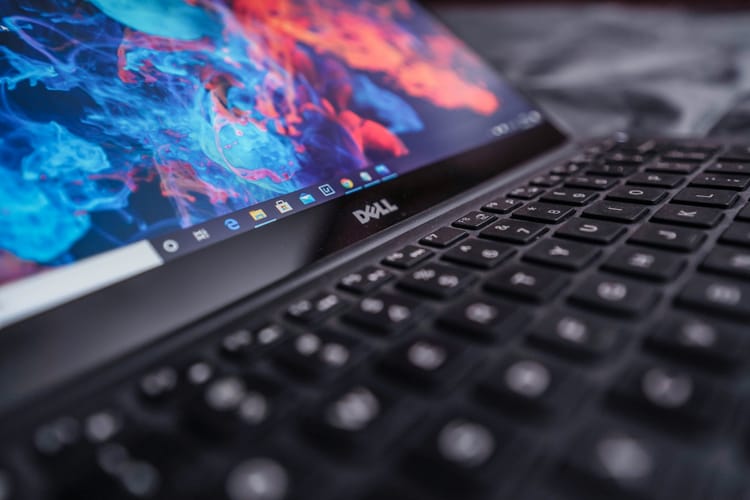Ingka Group on track to meet 2030 climate target despite challenges

Ingka Group has reduced emissions by 30.1% since 2016 and is on track to meet its 2030 climate target despite recognised challenges around renewable heating and cooling and zero-emissions deliveries.
IKEA’s top franchisee accelerated its emissions reduction across Scopes 1, 2 and 3 last year, going from a 24.3% overall decrease in 2023 to more than 30% (or 21.5 million tonnes CO2 equivalent) in 2024, both compared to its 2016 baseline. Revenue growth slowed down slightly in the same time frame (from 30.9% to 23.7%), but the company is still on a growth pathway where revenue is decoupled from emissions.

Commenting on 2024 progress, Karen Pflug, Chief Sustainability Officer at Ingka Group, said: “We will continue to innovate and lead by example on our journey, and we don’t under-estimate the challenges the world is facing, but we are determined to use our size and reach to play a leading role. By radically collaborating across industries and communities, I am confident we will reach our goals.”
Renewable energy target on track
Emissions gains so far have been largely achieved by sourcing an increasing proportion of renewable energy to power Ingka Group’s operations: as of 2024, 96.6% of electricity in 28 countries is now sourced from renewable energy, with nearly 60% either generated on site or purchased from solar and wind farms owned by Ingka Investments.
Overall, Scope 2 emissions have decreased by 87.5% since 2016 – and 20.8% in the past year alone.
The group is aiming to achieve 100% renewable electricity by the end of this year, and has committed to invest €7.5 billion in renewable energy generation by 2030 – €4.2 billion of which has been invested so far.
Zero-emissions deliveries meet EV roadblocks
In 2024, zero-emissions home deliveries increased drastically, from 24.6% to 41.1%. However, this still falls short of Ingka Group’s goal of reaching 100% zero-emissions deliveries by 2025. The company explains that “challenges such as lack of availability of suitable zero emissions vehicles and charging infrastructure in some of our countries” will make this target unachievable.
As a result, Ingka Group has set an updated target of more than 90% of home deliveries made by zero-emissions vehicles by 2028.
Ingka Group to publish climate transition plan in coming weeks
As it continues to progress towards its updated Science Based Target of halving absolute emissions by 2030, Ingka Group has already identified its most pressing challenges. For example, rolling out renewable heating and cooling will be difficult in some countries due to a lack of suitable grid infrastructure – despite IKEA’s €1.5 billion investment in retrofitting existing systems.
In addition, like many other companies, Ingka Group is still working to improve the accuracy of its Scope 3 emissions data. The firm also warns that it will be difficult to reduce absolute emissions from its investment arm, Ingka Investments, over the next few years as it expects to increase the proportion of investments made in physical assets and businesses.
“While this will add new sources of emissions to our value chain, many of the companies we invest in are contributing to emissions reductions in society, such as renewable energy generation,” the firm adds in its 2024 annual summary.
More details on how IKEA’s largest franchisee plans to overcome these challenges can be expected as part of its climate transition plan, due to be published in early 2025.







Member discussion